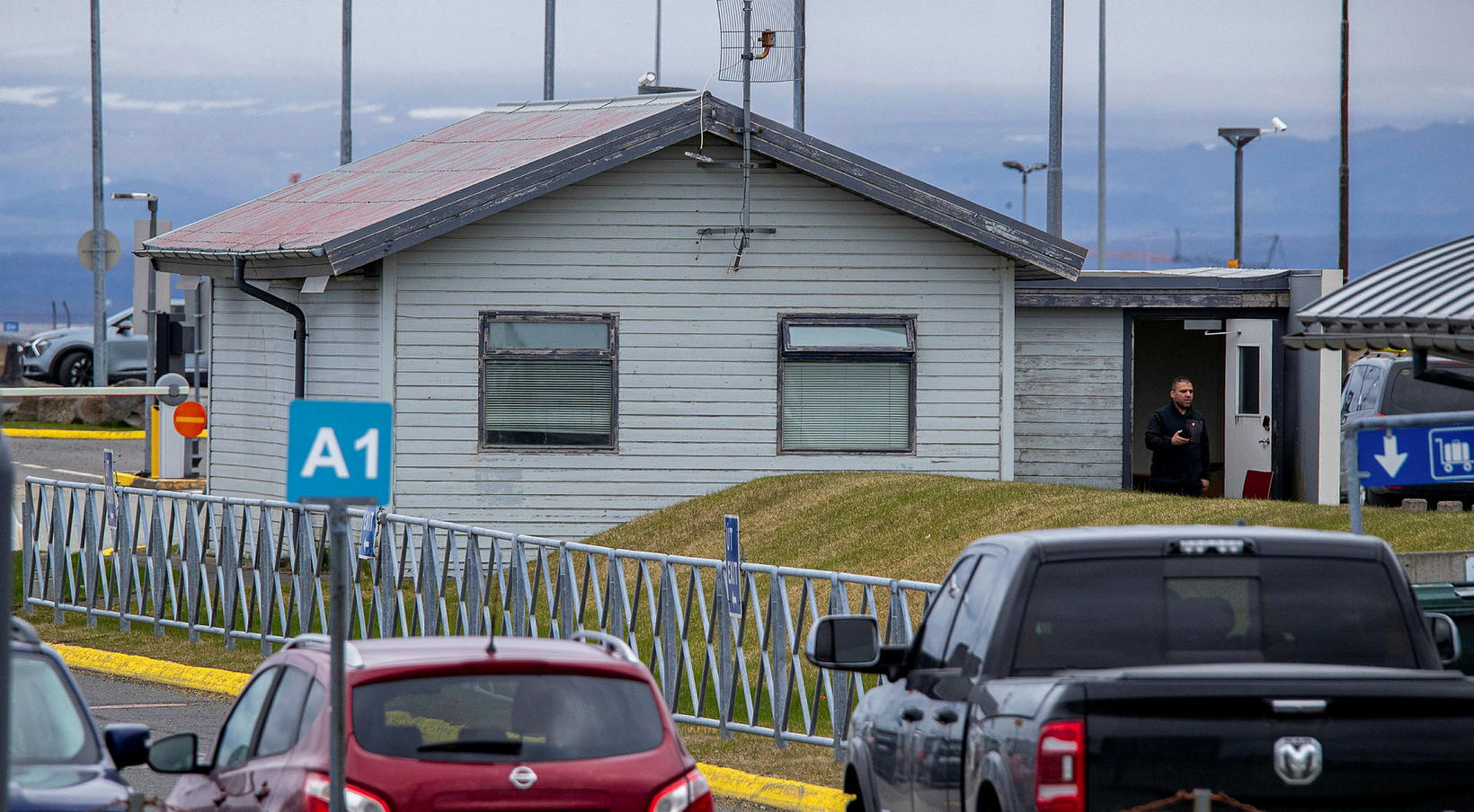Startup, in Italy only 7% make it: because it can be useful to invest (immediately) in plants and machinery

Attaching resources aggressively is a key to « success » for emerging companies, explains a study by the Universities of Rome Tor Vergata, De L’Aquila and Sydney has deepened both strategies
In recent years, the birth of new companies has recorded acceleration both nationally and global. But opening a company is only the first step: the real rock is to stay standing. In fact, many entrepreneurial realities struggle to overcome the first years of life and the closing rate remains high. In 2020, according to Eurostat, in Europe the rate of new activities was about 10%, while the closures reached 9%. A fragile balance, which hides strong differences between the countries: in Greece, Belgium and Cyprus the number of companies that ceased remains content (between 3% and 6%), while in Bulgaria, Denmark, Germany, Estonia, Ireland and Poland the companies that have closed their doors exceeded those of new constitution. In Italy, the closing rate – especially in the manufacturing – was almost 7%, while the new openings reached about 8%.
A data also confirmed by the Moving analysis: between 2022 and 2024 there were about 820 thousand business cessations, compared to 950 thousand new activities. Among the cities, Rome leads the positive balance. But surviving is synonymous with success only in the short term. Among those that exceed the critical period-generally the first 3-5 years-only a small percentage manages to record significant growth. In 2022, the share of high -growing companies in the EU saw Sweden excel (20%), while Cyprus closed the ranking with just 2%. Italy? With a rate of 7%, it remains below the European average, but the dynamism of innovative startups leaves to glimpse spiragli of optimism. In summary, starting a company is an enterprise in turn. But what distinguishes the startups that do it from those who fail?
Store or invest?
For a new company to manage the available capital is one of the most critical decisions. Better to accumulate reserves to face market uncertainties or invest to grow rapidly? According to business scholars, resources can be allocated, basically, according to two approaches: one prudent and conservative, the other aggressive and growth oriented. The most cautious companies maintain a solid liquidity reserve, limiting investments in infrastructure, research and technology, with the risk of stagnation. On the contrary, those who choose to invest immediately focus on technology, plants and new products, conquering market shares and attracting investors, but with less liquidity and greater financial exposure. Attaching resources aggressively is a key to « success » for emerging companies. This is what a study recently conducted by Matteo Cristofaro (University of Rome Tor Vergata), Ivo Hristov (University of L’Aquila), Riccardo Cimini (University of Rome Tor Vergata) and Dan Lovallo (University of Sydney), which analyzed a sample of Italian companies between 2011 and 2019, for a total of about 44 thousand 500 observations. « The resource allocation strategy in the first years of activity is decisive for the future of startups. The companies that immediately invest in material and intangible assets are more likely to survive and grow significantly than those that adopt a more prudent approach, favoring liquidity « , explains Matteo Cristofaro. In particular, focusing on tangible assets proves to be a strategic choice. « The investment in plants and machinery plays a crucial role: not only strengthens operational stability, but also improves the company’s credibility in the eyes of strategic investors and partners « , underlines Riccardo Cimini.
A question of policy
This approach, according to Ivo Hristov, generates benefits on several levels: « It reduces uncertainty, lowers the costs in the long term and triggers a virtuous circle that favors growth and competitiveness ». In summary, focusing on a structured operational base from the beginning increases the chances of surviving the first years of activity and to record high growth rates in the following period. The initial decisions create a « domino effect » that can make the difference between sustained growth and a rapid exit from the market. If on the one hand maintain liquidity helps to manage uncertainties, on the other, investing in strategic assets such as infrastructure and machinery generates solid bases for the future. For entrepreneurs, the message is clear: audacity can reward. A strategic vision in the allocation of capital in the early stages of life of the company is not only a bet on the present, but a choice that can determine success (or failure) in the long run. But there is a crucial question for Italian industrial policy: How to create (and above all to keep in good life) an entrepreneurial ecosystem that favors strategic courage without exposing companies to unsustainable risks? « Policy makers can encourage capital allocation in plants and infrastructures through tax reliefs and targeted incentives, thus supporting companies that invest in growing and competitiveness », reads the study. In this direction some recent initiatives of the Italian Government also move, such as the Transition 5.0 plan, which with a equipment of 12.7 billion euros aims to support the digital and energy transformation of companies, and the instrumental assets program – New Sabatini, designed to facilitate access to the credit of the SMEs that invest in machinery and equipment. These measures represent important steps to strengthen the competitiveness of the Italian entrepreneurial fabric, but in order to produce concrete and lasting effects, a continuous commitment over time is essential, with a long -term strategic vision.
Matteo Cristofaro is associate professor in Economics and Business Management at the Management and Law Department of the University of Rome Tor Vergata and Member of the Italian Management Society
Ivo Hristov is a associate professor in business economics at the Department of Industrial Engineering and Information and Economics of the University of L’Aquila
Riccardo Cimini is a associate professor in Business Administration at the Management and Law Department of the University of Rome Tor Vergata








